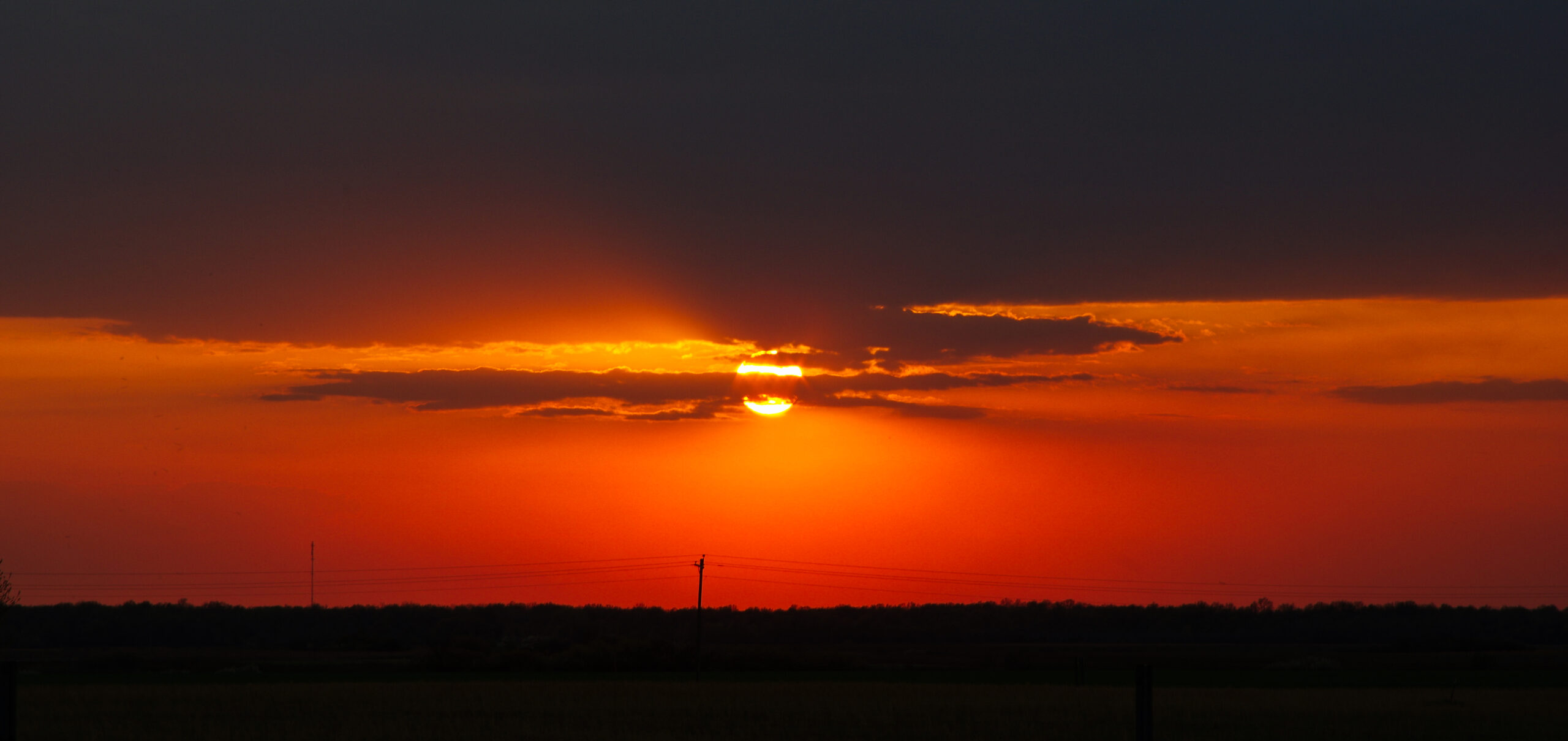The days seem kindlier near sunset, easier
when they are softly falling away
with that feeling of sad happiness
that we call moved, moved that we are moved
and maybe imagining in the dimming
all over town of hurry and resentment
that difficult loves rekindle
here and there, for better or for worse,
so sad to end that they begin again.
Sometimes the sunset
is a yellow band across the black,
sometimes in winter
lavender and silver, floral metals, sometimes a red glow in a red land
and no one says I’ve already seen that sunset
and no one says I never have.
Beauty is so elusive. You want it to be yours
but a sunset in your palm
would be more jewel than horizon.
A beautiful photograph of a sunset
is a beautiful photograph, but sunset
is every moment that you can’t take with you,
not even in words, not even in memory,
though you can say to anyone at all
who happens to be with you, Look!
James Richardson’s most recent collection of poems and aphorisms is For Now. As If was just reprinted in the Carnegie Mellon Classic Contemporaries Series. He lives on a wooded hillside in central New Jersey.




